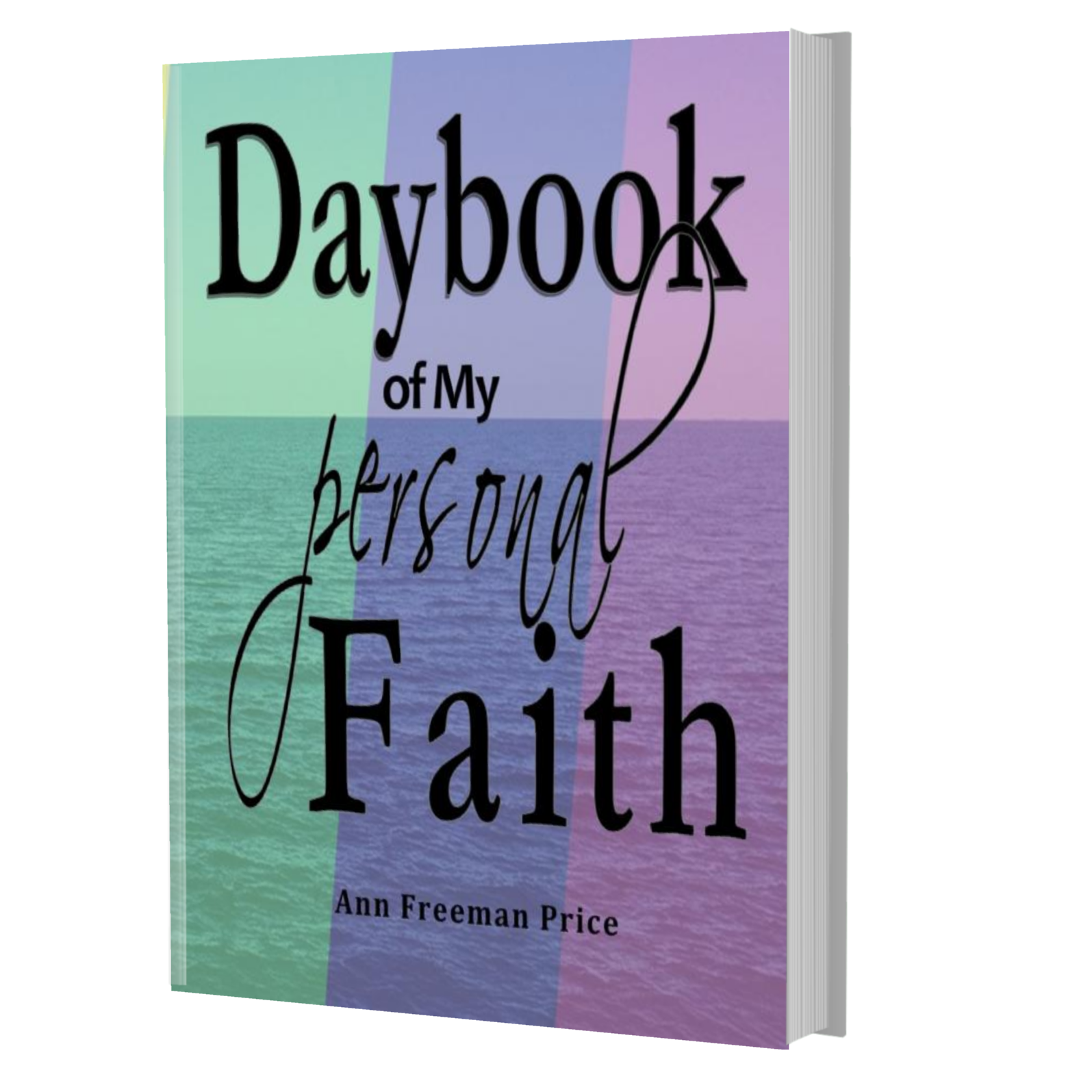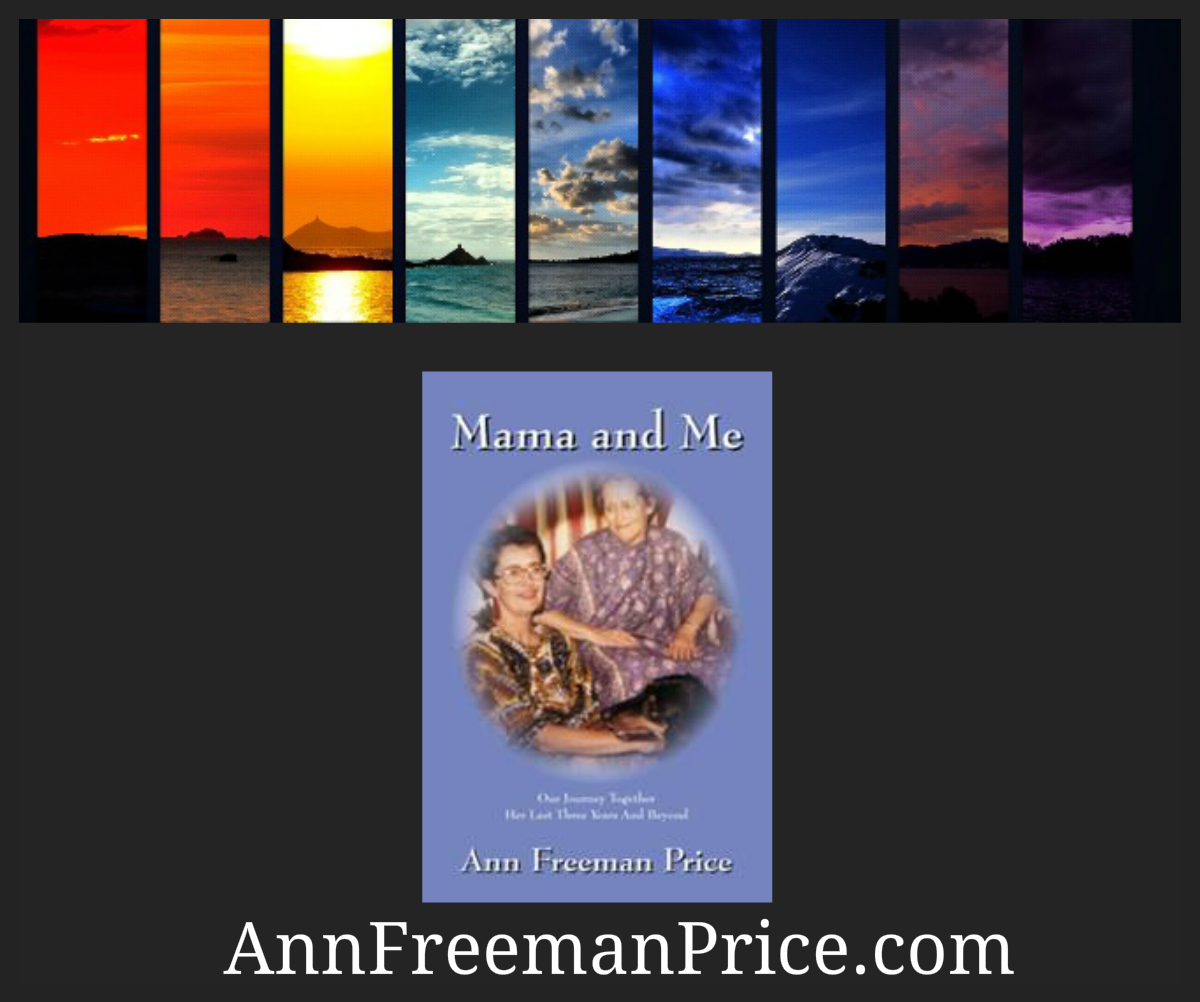Poet, Author, Composer....
Masculinity and Our Violent Society
My friend, Tim Wernette, wrote the following piece after the Tucson shootings. I asked him if I could share it on my blog and he wrote back a gracious YES. So here it is. —ANN
Masculinity and Our Violent Society
by Tim Wernette
When the first media reports of the recent shooting and killing incident in Tucson, Arizona, were released, no mention was made of the shooter. I’m guessing that most of us (myself included) imagined that the shooter was a gun MAN (not woman), because an overwhelming majority of the violence in our society (and around the world) is committed by males: in the U.S. 88% of violent offenders are male. No matter the type or venue (domestic violence, sexual assault, drug cartels and gangs, the military and terrorism), it’s mostly men who are killing and injuring others. This is no accident. It’s the direct result of how boys and young men are raised and socialized in our society. While gender is not the sole cause of all this violence, it is one of the major if not primary factors that leads to this rage and violence.
Macho Men: “No Fear”
I’m driving behind the pickup truck of a macho guy. How do I know? He’s got a back window decal that says “No Fear”. Although the specific messages that boys and young men receive growing up about becoming a “real man” may differ, most males learn the following: be strong, powerful, dominant, in control, unemotional (except for anger and sexual feelings), competitive and independent. These gender imperatives imprison males (literally and figuratively) and lead to the violence we witness daily in our society.
It’s important to acknowledge that most men aren’t violent, and that many men are loving and caring. But the impact of these gender messages injures (in different ways and to differing degrees) almost all men. They interfere with our intimacy (both with women and other men); they interfere with parenting our children in nurturing ways; they pressure us to do jobs and careers that we don’t enjoy and which hurt our world and planet in order to earn money.
These gender messages come from everywhere: parents and family, the media (especially films/TV, literature, and most recently the Internet), school and athletics, religion and culture and as we grow up our peers (especially other boys). The worst thing a boy growing up can be called is the pejorative terms “sissy” and the homophobic “gay” and “queer”. At all costs don’t be a girl; all things female and feminine are off limits if you want to be (or be perceived to be) masculine. The roots of patriarchy and misogyny are deeply rooted.
Men’s violence is deeply ironic: men are the primary victims of male violence (65.3% of violence is male-on-male), but when women are the victims (22.7% of violence is male-on-female), it’s most likely someone that the man claims to love and cherish: wife/girl friend with domestic violence, partner/acquaintance with sexual assault. And the man himself is often his own target: while women attempt suicide much more often than men do, men are many more times likely to commit suicide; suicide is usually a desperate attempt to ask for help, and as many of us know who have ridden in a car with a male driver who’s lost, it’s not okay to stop and ask for help. Men’s self-destruction takes many other forms: substance abuse, not taking care of our health or obtaining health care, such as ignoring disease symptoms and warning signs.
Masculine Politics: Get a Gun, Lock ’Em Up
These masculine values are reflected throughout our society: in our personal relationships, in our families, and in our larger society. Because the most recent incident targeted Gabrielle Giffords, a congressional representative, let’s look at the impact on our government and laws. America is one of the most violent of all the developed countries in the world; this is no accident. The higher you go up in government (no matter which branch of government: legislature, judicial, executive), the more men and fewer women. And men and masculinity are reflected in our laws and government spending.
We spend more on our military than the next leading countries combined. America imprisons a higher percentage of our population than any other developed country. Most of our prison inmates are non-violent drug offenders and mostly men. We spend more money on incarceration than we do on drug treatment; and most of our prisons and jails have little or no rehabilitation (education/treatment), so many of our inmates return to lives of dysfunction and crime. Countries with lots of guns have (no surprise) lots of gun violence. You’re a lot more emotionally removed when you shoot someone than when you stab or punch someone. People who want to injure and hurt others, injure and hurt others a lot more when they have guns and a lot less when they don’t have guns.
This violence is self-perpetuating: because lots of Americans have guns, we’re all scared of the resulting violence, so we’re encouraged to get a gun ourselves. We respond to problems around the world with military force, which prompts others to respond with terrorism and violence, which prompts us to spend more money on arms and our military, which continues the cycle.
Notice that the more conservative the political beliefs and attitudes that a politician holds, the more masculine and macho the policies and laws they tend to support and advocate. And in politics, as in the rest of our society, it’s no longer just a man’s world: women can be macho too! But it’s a lot trickier for women, especially if they are entering an arena that has traditionally been dominated by men, like the military and politics, because they have to prove that they’re as tough and macho as men. If they’re politically conservative it’s even trickier because they also need to have the appearance of traditional femininity: cute/sexy/flirtatious. Sarah Palin is a powerful model of this “walking the tightrope” between femininity and masculinity: she’s winking at you in her short skirt but she’s also a “mama grizzly”, poses with her rifle and “targets” (literally, with crosshairs) Democratic candidates.
Alternative Visions of Masculinity
The evening of the shootings and killings in Tucson, I attended a gathering of the Tucson-based Desert Men’s Council. This is a group of adult men who are initiating and mentoring boys and young men into a different vision of masculinity. This vision of what is means to be a man embraces a wider spectrum of human traits: strength and vulnerability, emotional expressiveness including fear and uncertainty, love and tenderness, courage and honesty.
Redefining masculinity and what it means to be a “real man” is a challenge for all of us in light of this most recent incident of tragic, senseless violence. I invite – no, I encourage – you to join in this challenge.
Tim Wernette has been a gender equity educator in Arizona for over 25 years, where he speaks to students about gender stereotyping and career decision-making and sexual harassment prevention. Tim Wernette is on the board of the Tucson YWCA where Gabe Zimmerman, one of the victims of the recent shooting, was also a member.


